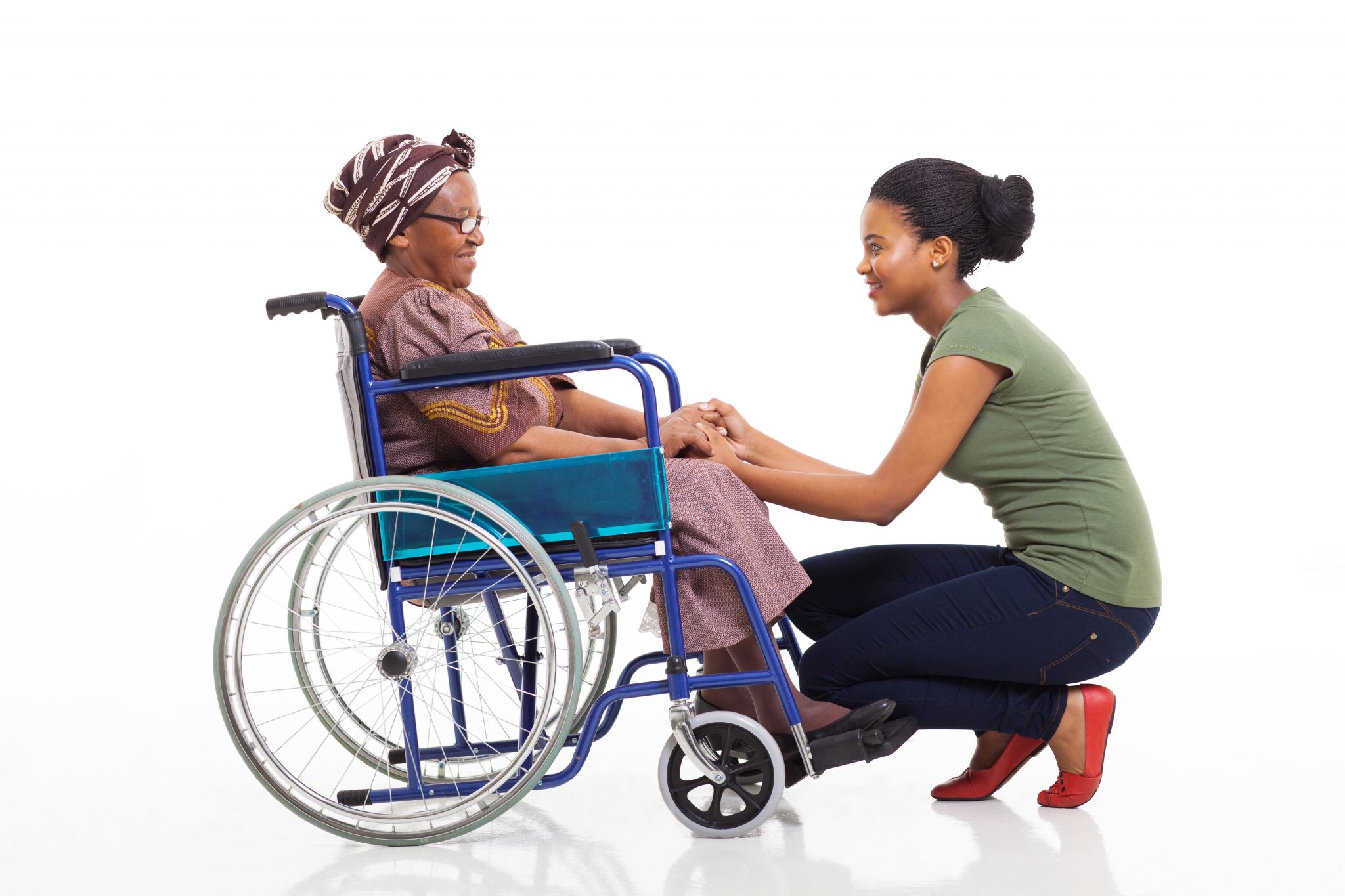Home & Family

For those that are at least 55 years old living in the United States, chances are one or more of their parents are still be living. People may also be called upon to assist their parents as they grow older. Unfortunately, it is not uncommon for this task to fall on one sibling who may be female and the oldest child in the family. So, what do the experts say should be done to ensure that the aging process is less stressful for everyone?
Tips for Family Members
Look for signs that your parent or relative may need help. These signs include an untidy home, limited mobility, bruises on the body from falls, mounting late payment notices from creditors, unexplained dents in the car, or the inability to verbally complete thoughts or sentences (AginginPlace, 2019). These signs may indicate the need for extra medical or home care. Or it may be time to place your loved one in an assisted living or nursing home facility.
Talk to your family members. Most family members want to know about their loved ones regardless of whether they take an active or inactive role in their care. Holidays or family gathering times are ideal to hold family discussions. Be sure to address urgent concerns first and try to come to a consensus on the best course of action to take. The key is to be realistic and fair to everyone involved, including your parent or relative.
Be honest about assigning tasks. Some family members have the skills or the right personality to deal with certain family members, situations, or tasks. Other family members may live closer or have greater financial means. Try to assign roles or tasks to every family member to ensure that everyone shares in the responsibilities.
Encourage your older parents or relatives to complete important legal documents. A will, a power of attorney, and a health care proxy are ideal documents for them to complete while they are mentally able. While these documents may not resolve all business, legal, or family issues, they could reduce stress and family discord. These documents can also help to ensure that the wishes of your loved ones are properly carried out.
Tips for the Caregiver
Don’t be afraid or too proud to ask for help. Remember, aging is a common concern. More resources are available to help older adults transition smoothly in life. Try talking to a social worker or another professional that specializes in caring for older adults. Many older adults would like to stay at home and do as much as they can for themselves. If that is the case, their home may need renovation to make it handicap accessible, for example. Or you may have to hire someone to come in to provide care on a part-time or full-time basis. These changes are costly, so be sure to find out if private or public funding is available to offset these added costs.
Some states have programs that allow individuals to pay for caregivers, which includes family members. Visit the National Resource Center for Participant-Directed Services, local aging services, or Medicaid offices to determine what services are offered in Alabama.
Try to be patient and sensitive to your loved ones. Imagine how you would feel if you could not care for yourself or if you have trouble remembering things. If we are lucky, we will all get old one day and would want someone to be kind and patient with us in our old age.
Don’t forget to take care of yourself. You cannot care for anyone if your health fails, so be sure to eat right, exercise to relieve stress, and to get the rest you need. If you are a full-time caregiver, then check your neighborhood to see if there is a senior daycare center where you can take your parent or relative for a few hours while you take a break.
Caring for older relatives is no easy task, but you don’t have to do it alone. Today, there are many resources available that will help to ease the challenges associated with aging.
Visit the Virginia Caples Lifelong Learning Institute’s webpage to find upcoming educational programs for older adults and caregivers.
References
AARP. (2018). Prepare to care: A caregiving planning guide for families. Retrieved from https://www.aarp.org/content/dam/aarp/caregiving/2018/02/prepare-to-care-guide-english-aarp.pdf?intcmp=AE-HF-CAR-P2CGD-ENG.
Senior Solutions of America. (2007). Elder care 101: First steps. Retrieved from http://www.aging-parents-and-elder-care.com/Pages/Elder_Care_First_Steps.html.
AgingInPlace. (2019, January). A guide to caring for elderly parents. Retrieved from https://www.aginginplace.org/a-guide-to-caring-for-elderly-parents/.
Hatfield, H. (2008, November 25). Role reversal: Caregiving for aging parents. Retrieved from http://www.webmd.com/healthy-aging/features/role-reversal-caregiving-for-aging-parents?page=1.
Levine, C. (2016, October 4). Can I get paid as a caregiver? Retrieved from http://www.aarp.org/home-family/caregiving/info-06-2012/can-i-get-paid-for-taking-care-of-my-mother.html.
Sollitto, M. (2019). Signs a senior needs help at home. Retrieved from https://www.agingcare.com/Articles/signs-your-parent-needs-help-143228.htm.

